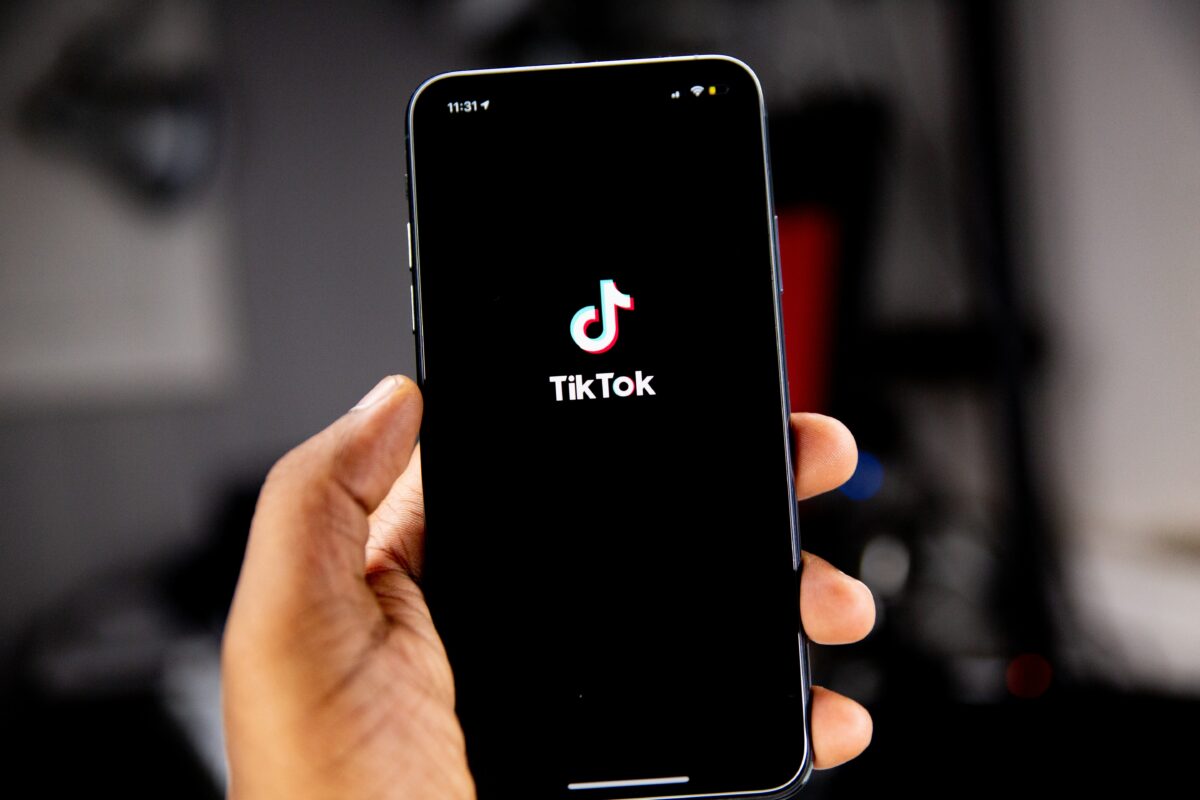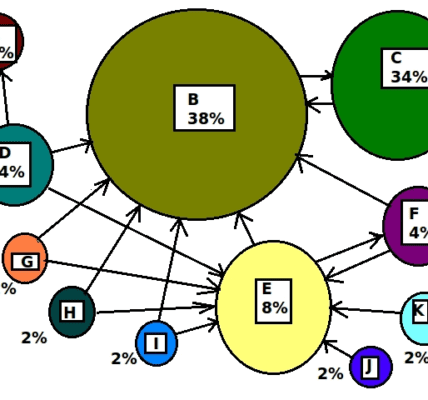Why Business Leaders Need to be Thinking Digital to Ensure Survival

Digital is Quickly Becoming the new “Traditional” for Marketers
The unquestionable advantages of digital marketing have led to its continued rise in strategic importance within organisations, taking marketing budget share and operational resources from traditional channels. Many strategic leaders understand it’s importance, but not the exact reasons why, so I shall just outline a few:
- Digital is measurable. Digital gives confidence when allocating budgets. Digital is access to the right customer at the right time though the right channel.
- Digital now includes a broad range of activities across social, PPC, display advertising, email, events, video, inbound marketing, SEO, mobile and the internet of things.
- Digital is evolving to give more powerful targeting options to the marketer; the ability to be highly specific in terms of the type and behaviours of specific consumer segments to target.
- The ability to measure digital acquisition channel effectiveness allows for a more refined digital strategy; empowering the marketer to make better and more profitable advertising choices based on data, not subjectivity.
- Digital allows for full visibility of the consumer journey; enabling the marketer to identify gaps in the journey; optimizing these problem areas allows for higher conversion rates and better user experience.
- Digital develops powerful data sets, the modelling of which enables the marketer to give a more refined post-purchase customer experience, while concurrently identifying areas for cross & upsell to enhance the overall user experience and retention.
- Digital enables always on communication with customers, e.g. social service, enhancing customer experience & proactive mass communication facilitates trust and capabilities to deal with challenges.
Bridging the Knowledge Gap
More often than not there is a knowledge gap between the strategic leader and the tactical leader. The digital marketing practitioner will intimately understand the intricacies and advantages of digital, while trying to communicate this to the board may not be as easy to achieve. To empower strategic decision making and to facilitate the driving of competitive advantage for their organisations, it is critical to energise and educate senior stakeholders to embrace digital thinking and behaviours.
One of the greatest challenges currently is keeping pace with the technological advances and making the important choices in terms of embedding the correct marketing and analytics technologies within organizations, ensuring that they are scalable and relevant in the future. The pace of change is astonishing, so making the correct choices now has a major impact on where an organization is in the short to medium term.
Another key challenge is keeping the correct balance between investing in new and emerging technologies and investing in improving existing digital marketing activities. Everyone is quick to jump onto something new for the ‘fear of missing out’ (termed FOMO colloquially); however it is very easy to then neglect to keep driving improvements in what’s currently working, running the risk of being leading edge, but bleeding market share.
Opportunities to Drive Competitive Advantage
The rise of mobile as a key stage in the overall consideration set of the consumer is evident. Over the next 12 months as mobile continues to penetrate the market, its importance as a key factor in the consumer journey will be emphasized. Many consumers exhibit multi-device behavior and as the technology develops, opportunities will arise to capitalize on the full cross device journey. Shared cookies (basically, user data files) across user devices is not too far away from having practical applications for the marketer.
The focus on mobile in the last couple of years has led to a dampening effect on developments of desktop assets. A key strategy moving forward will be to not to just focus on the ‘cool’ or ‘trending’ topics, but to ensure an integrated experience across all assets. This integration is where the major benefits are; the complete journey must be optimized or there is a risk that good work in one section will be negated by a lack of development in a downstream section e.g. a strong mobile strategy (first interaction / research phase), but poor desktop strategy (where conversion primarily occurs) may results in no increase in overall conversion and/or return on investment.
Data driven and behavioral advertising represents another key leap forward in optimizing the digital experience for users. The ability to model the behavioral data now available and to target advertising to highly specific micro-segments of users will enhance the overall user experience. The ability to show the right message at the right time to the user has always being the utopian scenario of marketing. This is now emerging as a distinct option for leading edge marketers with the right investment in infrastructure and passion to drive advances in our capabilities.
The API economy (API stands for Application Programming Interface, basically a way to link data from different platforms, e.g. linking Google Analytics and your CRM) represents a major leap forward in the availability of integrated management information and insights. As we draw on more and more data sources and integrate these sources into real time on demand marketing insights, our capabilities in terms of decision making grows exponentially. With this data at our fingertips, our operational effectiveness and business intelligence grows, giving us the power to make more agile, meaningful, impactful and smarter decisions.
Looking beyond
It’s hard to believe that the internet, in terms of the world-wide-web, is only just over 25 years old. However, in this time, it has managed to dominate and infiltrate our daily lives in every way possible. As we move forward, there looks like there is no end to its exponential growth and an important tipping point is approaching – the point where digital marketing actually becomes the new traditional. In this scenario, strategic leaders will need to embrace digital to remain relevant and to drive the evolution of their organisation into a truly digital enterprise.
About the Author
Eamonn O’Raghallaigh is Adjunct Assistant Professor in Digital Marketing at Trinity Business School and Managing Director at Digital Strategy Consultants. He has a passion for digital and for assisting organizations achieve their online goals through best practice techniques and priming them to drive competitive advantage through early adoption of emerging digital technologies. He advises enterprise level organizations on digital strategy from director to board level across Ireland, the UK and Europe. Eamonn holds a BSc (Hons) in Pharmacology (UCD), MSc in Neuroscience (RCSI), HDip in E-Business (NCI), MSc in Digital Marketing (UCD) and is a Fellow of the Chartered Institute of Marketing. His current research interests are in the field of consumer behavior in the online environment with special reference to digital advertising.





Recent Comments